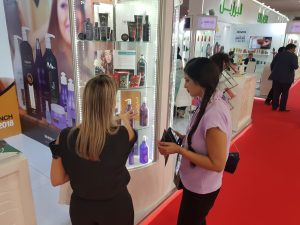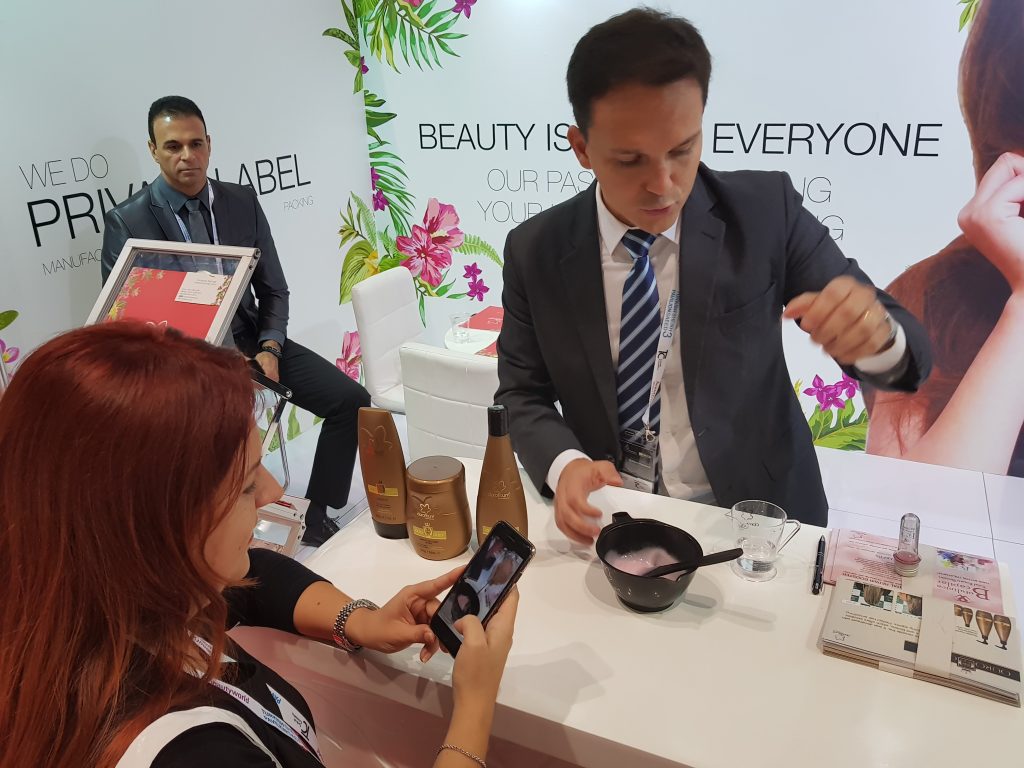São Paulo – Halal in its myriad aspects will be dealt with in a lecture at Vale do Itajaí University (Univali), in Itajaí, Santa Catarina. Two specialists on the subject will be featured, with backing from the Arab Brazilian Chamber of Commerce: Muslim auditor and halal industry technician Lina Ramadan, and fellow industry technician Michele Evangelista Villadal. They work for Fambras Halal, a Brazilian certifier active in auditing, inspection and supervision of halal goods. The Arab Chamber opened an office in Itajaí this year, where it also partnered up with Univali for a cycle of lectures for students and foreign trade professionals. This will be the third instalment in the cycle.
The lecture Halal: concept, importance and possibilities for its use as branding in international business, will take place on the 25th. The word halal – Arabic for permitted – indicates that goods are fit for consumption by Muslims. Lina, who’s a Muslim, will discuss the concept, how certification is obtained, and what goods are or aren’t eligible for certification. “A foreign trade-oriented audience should be made aware of restrictions regarding meats, so that they will be better informed when the time comes to apply for certification,” Michele notes.

Michele will focus on business aspects. “One can’t talk halal without talking slaughter. We’ll also discuss where we aren’t strong but could be.” One industry Michele believes holds promise is cosmetics. “Our fauna and our flora have a diversity that isn’t found in other countries. We could explore this diversity, especially in our flora. This would set us apart, in halal and in other markets as well,” she says.
When it comes to prospective markets, Michele explains that halal appeals to other types of buyers. “We’ll explore the vegan market. If someone is unable to find vegan-labeled products and comes across halal ones, they’ll know they do not involve animal slaughter,” she explains regarding certified plant-based cosmetics.
She says Brazil boasts a vast halal market, and this need to be made visible to people in other countries. “Halal certification can also be used in product branding. Being certified is a plus,” Michele explains. The auditor believes this discussion can be a learning process for those intending to relate with people from different cultures. “This will end up being a code of ethics for people who do business with Muslims: what is or isn’t adequate in these relations,” she says.
Quick facts
Lecture – Halal: concept, importance and possibilities for its use as branding in international business
Oct. 25 – 7:15 pm to 8:45 pm
Adelaide Konder Univali Theater – Itajaí (SC)
Translated by Gabriel Pomerancblum




